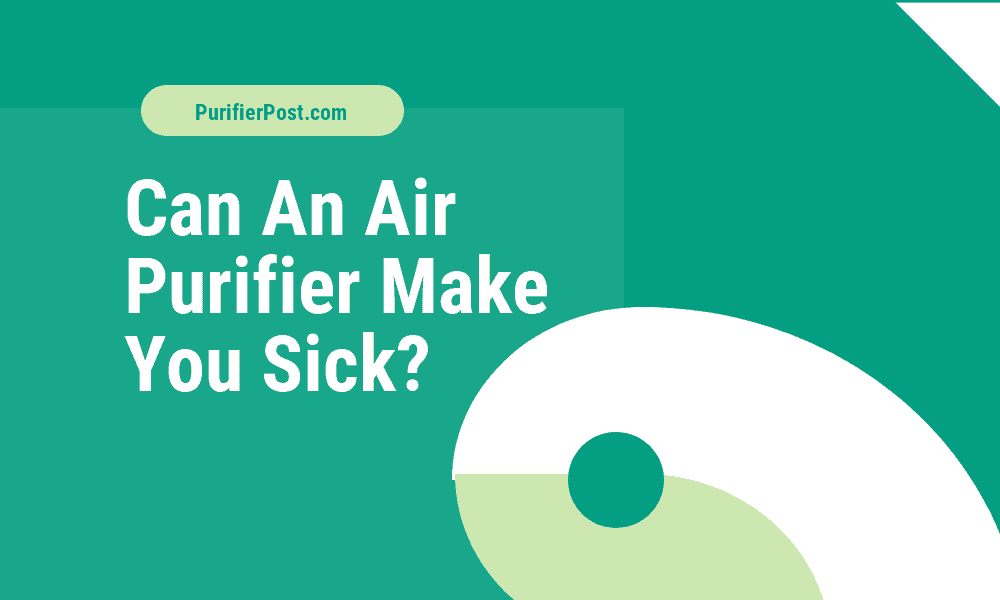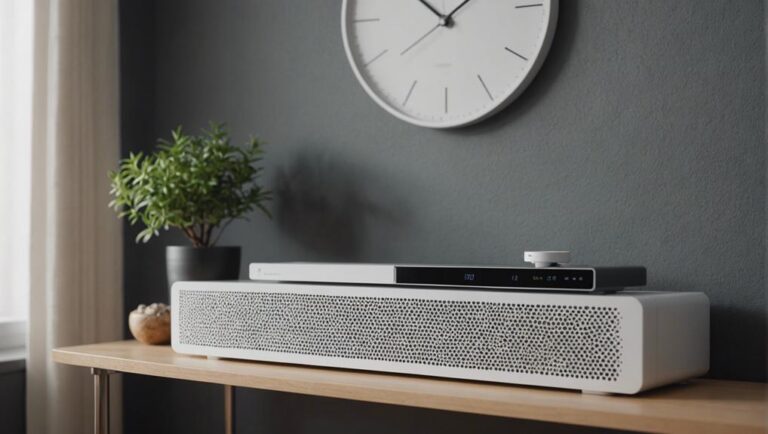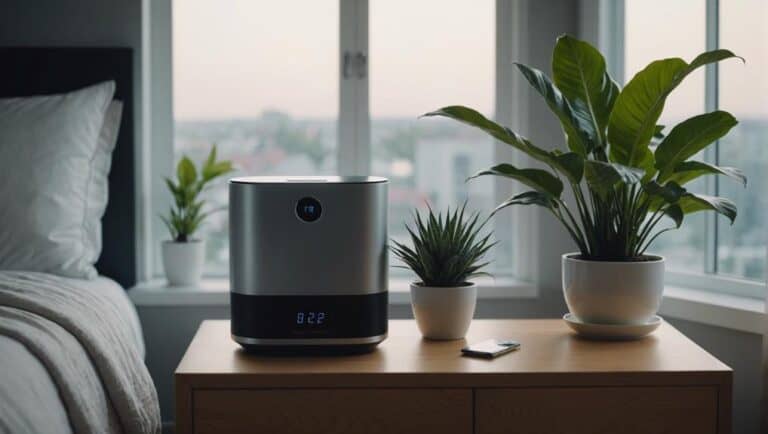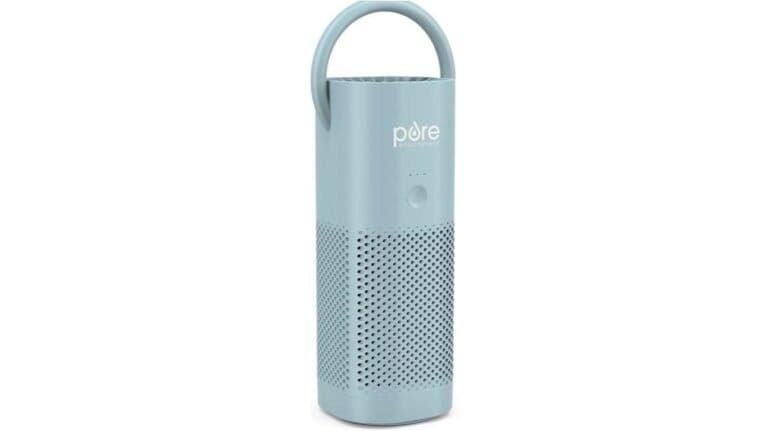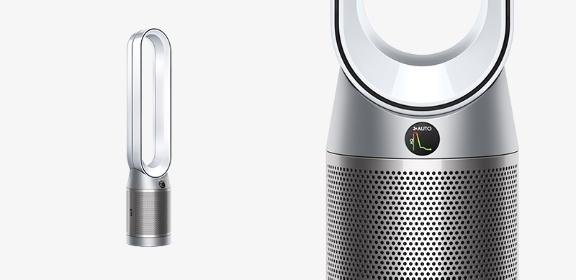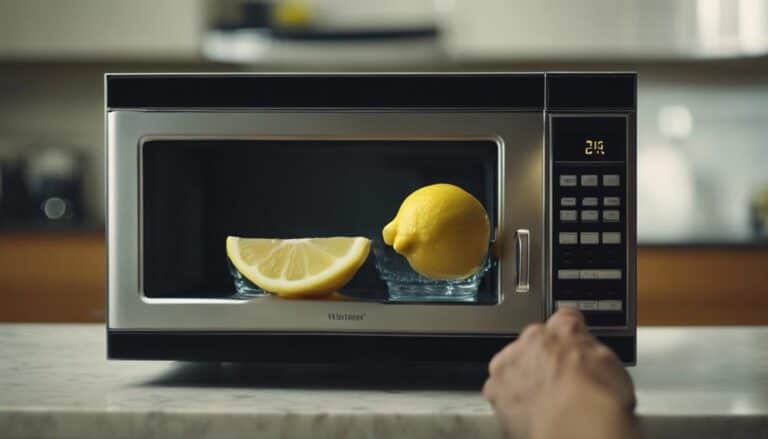can an air purifier make you sick?
The presence of dust, bacteria and other allergens can cause a variety of health problems. Air purifiers are often recommended to those with sensitive lungs or those who have pet dander or pollen-induced allergies.
These devices have become so common that they have even become a standard feature in many homes and offices.
However, are air purifiers really the solution they’re touted to be? Are they safe to use? Let’s take a look at this topic further to understand if these devices are truly beneficial or not.
What is an Air Purifier?
An air purifier is a device that removes pollutants like dust, bacteria, and allergens from the air. It usually comes in the form of a filter that sits inside an air conditioner or some other type of ventilation system.
These devices are designed to improve the quality of the air surrounding you.
How Do Air Purifiers Work, and Why Should You Trust It?
There are many different types of air purifiers that work in different ways. Some of these devices provide a stream of purified air, some remove bacteria from the air, and others filter out particles.
In general, the devices that filter out particles are beneficial for those with allergies or sensitive lungs. An air purifier works by removing particulates and other pollutants in the air before they enter your respiratory system.
The following are the top three methods air purifiers use to create a clean environment:
– HEPA filters trap allergens from the air, while particles smaller than 0.3 microns are removed.
– UV rays kill bacteria.
– Activated carbon filters remove odors and gases in the air such as formaldehyde, benzene, carbon monoxide, and trichloroethylene.
Are Air Purifiers Safe to Use?
People often believe that air purifiers are safe to use because they can filter out dangerous particles from the air. These devices typically utilize a HEPA or UV filter, which are specially designed to remove very small particles from the air.
One thing to keep in mind is that these filters only remove the smallest of particles and do not necessarily rid the air of harmful chemicals.
What’s more, studies have shown that when one breathes in particles this small, it can cause respiratory problems and other health issues. For example, an article published by Forbes discusses how breathing in these particles can lead to changes in lung function.
Some experts even argue that these filters make things worse since they trap smaller particles and don’t allow them to disperse into the larger atmosphere where they could easily be removed.
Another point is that there is no way for you to know how long your device has been running at its highest efficiency level.
You may have an older model with a lower efficiency rating, but it still performs just as well as the newest models do on their advertisements.
Should You Use an Air Purifier in Your Home or Office?
Air purifiers may be a good idea for some people with certain health conditions or if you have pets that produce a lot of dander (like cats). However, there are steps you should take before you make your decision. You need to consider the size and number of rooms in your home or office, as well as the number of people who live or work there.
If you don’t already have a filter in place, you should decide whether it makes sense to purchase one before spending money on an air purifier. If your house is more than three stories high without any additional filters installed, then it probably wouldn’t be worth it to buy an air purifier unless your allergies were really bad and there was nowhere else for the allergens to go.
If you do decide that an air purifier is right for you, choose one with a good filter life so they remain effective even after heavy use. A filter life of at least six months is recommended.
Conclusion
Air purifiers can be a great way to make your indoor air healthier and more pleasant. However, they are not without their risks. If you’re considering an air purifier for your home, it’s important to understand the risks and benefits of this technology.
An air purifier is a machine that filters the air you breathe and releases purified air into the room. It can help make your home or office more comfortable by improving the quality of your indoor air.
It is true that an air purifier can help to reduce the number of airborne pollutants in your room, which can help make you and those around you more comfortable. However, not all air purifiers are safe to use and should not be trusted without a second thought.
Air purifiers can be used either in your home or office and some models are better for one setting than the other. Of course, it’s up to you to decide which is best for you. If you’re interested in lowering your exposure to toxic chemicals in the air, using an air purifier may be a good idea.
However, if you’re looking for a device that can help improve the quality of your indoor air, considering different options may be a better idea.
FAQs
What are the benefits of using an air purifier?
The answer to this question depends on your specific needs and preferences. If you’re looking for clean air in a home or office, an air purifier can be a great fit.
But if you want to remove the majority of fine dust particles, odor particles, or pollen from the air, a furnace or air conditioning unit will likely be more effective.
The main benefit of an air purifier is that it can remove microscopic particles and odors from the air. This can help improve your overall quality of life by reducing your symptoms such as sinus infections, headaches, and fatigue.
It is not recommended that people with severe respiratory problems use an air purifier alone. Instead, they should continue to use medicine as needed and follow medical advice.
What are the risks associated with using an air purifier?
While air purifiers can help make a space more welcoming and comfortable, they are not 100% safe and effective.
There are some potential health risks associated with the use of air purifiers. One of the most common concerns surrounding air purifiers is the potential for negative health effects from the particulates generated from indoor air pollution.
While these particulates are not toxic, research has suggested that they may contribute to poor respiratory health. In addition, some studies have indicated that individuals who suffer from allergies may actually have a harder time breathing in areas with high levels of indoor dust particles.
Furthermore, some studies have linked exposure to lower levels of airborne particles to an increased risk of chronic disease such as cardiovascular disease and stroke.
Another potential risk associated with air purifiers is the possible exposure to mold and bacteria. These products often rely on HEPA filtration systems to capture airborne particles and bacteria. While this technology is very effective at capturing large particles, it can be less effective at removing fine-grained particles like bacteria and mold spores.
As a result, some studies have found that individuals living in homes with air purifiers were more likely to experience mold and bacterial infections than individuals living in homes without them.
While there are certainly some health risks associated with air purifiers, many individuals do find them beneficial for their environments.
Ultimately, it’s up to each individual to decide whether or not these devices are right for them; however, it’s important to take precautions to ensure your family’s safety and health while using these devices.
